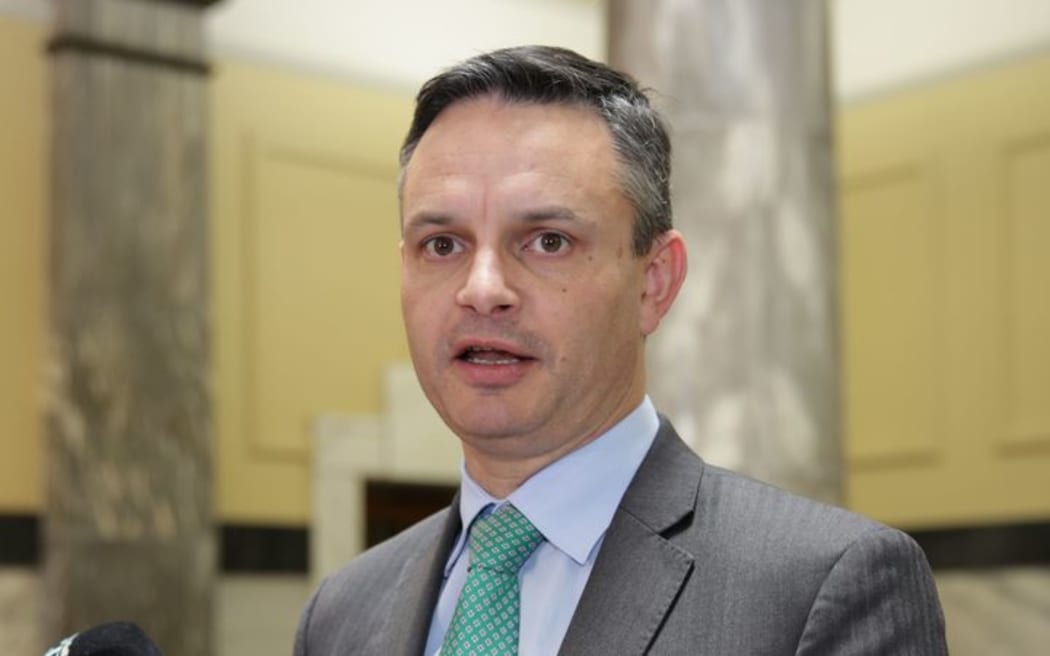If New Zealand is to meet its zero carbon pledge, nearly all the country's cars will have to be zero-emission by 2050, Climate Change Minister James Shaw says.

James Shaw said it was not possible to get to the carbon neutral goal relied on switching 95 percent of the ground vehicle fleet to electrics. Photo: RNZ
As of June, roughly 8700 plug-in cars are on the road of a total fleet of more than four million.
Mr Shaw said achieving the country's commitment to be carbon neutral by 2050 was reliant on significantly boosting the uptake of plug-in vehicles.
"We can't get to the zero-emissions carbon goal without switching over the ground vehicle fleet to electrics. You just can't get there," he said.
"We think that means about 95 percent of vehicles in the year 2050 will be zero-emissions vehicles."
A recent Productivity Commission draft report on the transition to a low-emissions economy said to electrify the bulk of the light vehicle fleet by 2050 "nearly all newly registered vehicles (including used imports) would need to be electric by the early 2030s".
Associate Transport Minister Julie-Anne Genter dismissed the suggestion that was unrealistic.
"What is possible in 2030 will be far different from what we imagine being possible today."
The former National government set a goal of doubling the EV fleet every year to reach 64,000 by 2021.
The new government planned to set a "far more ambitious" target, Ms Genter said.
"I think we can do much better than that," she said.
"We're in the process of investigating what other support government can offer to ensure we are bringing in cleaner cars."
National MP Jami-Lee Ross said the new government was talking a big game, but had yet to follow through.
"There hasn't been anything meaningful that's been done around electric vehicle uptake and if there's a serious desire for a reduction in emissions... government should be leading the way," he said.
"Goals are important. Actions are even more important."
Both the United Kingdom and France last year committed to banning the sale of petrol and diesel cars by 2040.
Ms Genter said the government was considering following suit, but was leaning more towards targets rather than a hard and fast ban.



